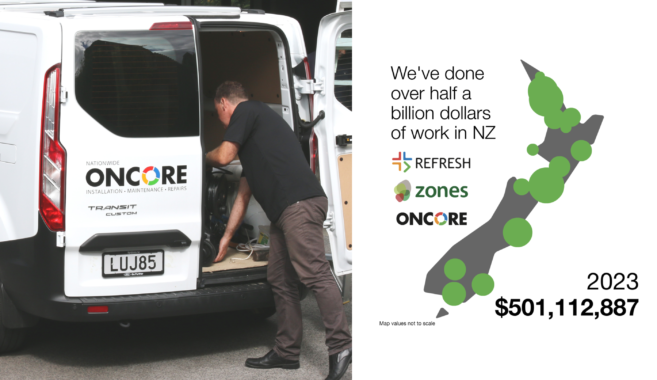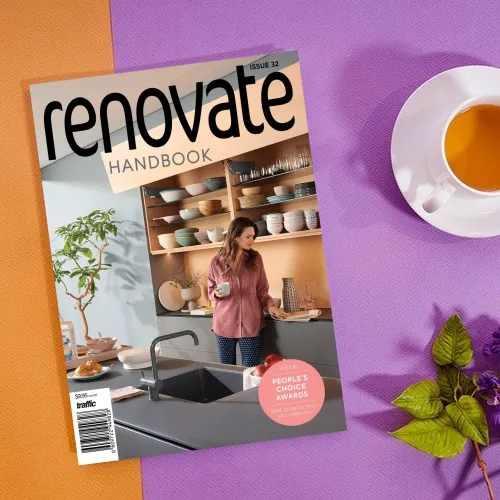Common water leak damage
If leaks are affecting your home, there could be a number of causes and possible solutions. We explain the most common types of residential leaks, what to look for, how to repair them and what to look for in insurance coverage.
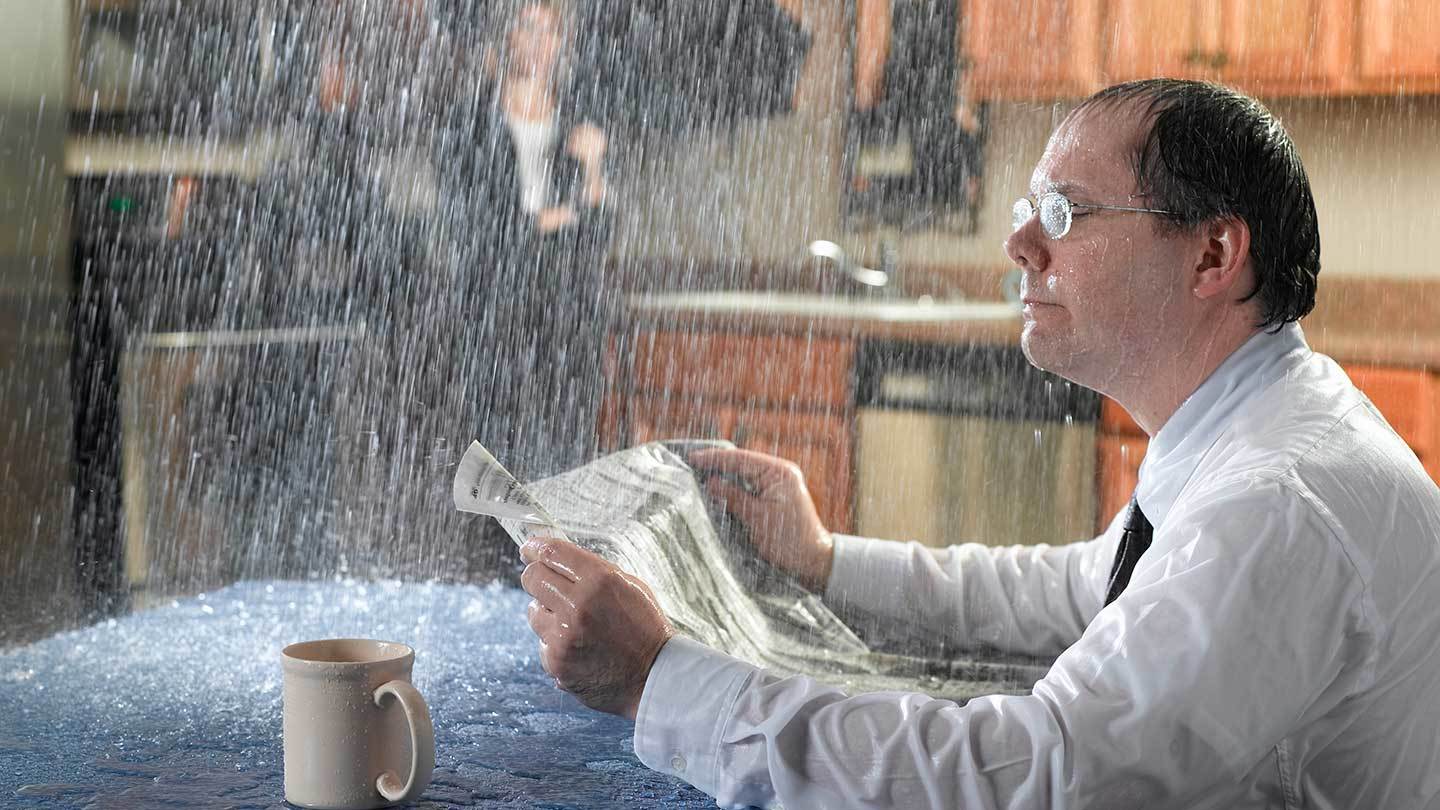
In aging homes with outdated fixtures, it's common to come across a leak every now and then. As long as you address it quickly, any damage and repair costs hopefully won't be too bad. Inside the home, an older bathroom is high on the list of rooms where a leak is waiting to happen. On the home exterior, the roof is usually one of the first places to look. If you're trying to figure out whether or not there is a leak in your home, we can help you decide here.
What are the most common interior leaks?
- Leaky taps are at the top of the list. If your tap is leaking it may mean that its washer has worn out and needs replacing or that the tap wasn’t installed properly. It’s also possible that the seated valve within your tap, which connects the spout and faucet, has corroded.
- A leaking sink can be a little more complicated to address. It could be a leak in the drain line or the water hose. This type of repair work can get messy and, for the sake of you and your flooring, it’s worth asking a plumber to take a look.
- Bathroom leaks can often be linked to the bathtub or shower. If these leaks are affecting your flooring, it’s essential to address them quickly. Bath and shower leaks often lead back to pipe or sealant issues. It may be a simple case of replacing the sealant. If it’s the pipes, a professional will need to open up the walls to access and repair the pipework.
- A leaking toilet can be a bit of a nightmare, and the sooner it’s fixed the better. It may be that the sealant at the bottom of the toilet has separated or that the coupling sleeve needs replacing. In either case, a plumber will need to provide a replacement. If the toilet itself is cracked or damaged, a new toilet might be the best solution.
- A leaking hot water cylinder should be fixed right away. The last thing you want is 180 litres of hot water flooding your home. The most common causes of a hot water cylinder leak will be corrosion, cracks and old age.
How to tell if there is a leak
In most cases, identifying a leak will be as simple as noticing water where it shouldn’t be. However, it can occasionally be harder to pick up on. To prevent unseen issues from becoming serious, keep an eye on your water bill - you’ll quickly realise if there’s a significant rise in costs it could be a sign that there’s a leak.
Swollen skirting boards, rotten carpets and large windowsill cracks are all giveaways. If you live in a two storey house, a stained or damaged ceiling is an indicator that something is leaking in the bathroom above. Warped flooring and lifted tiles are other signs that pipework might be leaking. If you suspect that the drain seal in your sink or bathtub is leaking, an easy way to tell is to put in the plug, fill up the tub and see if the water levels drop.
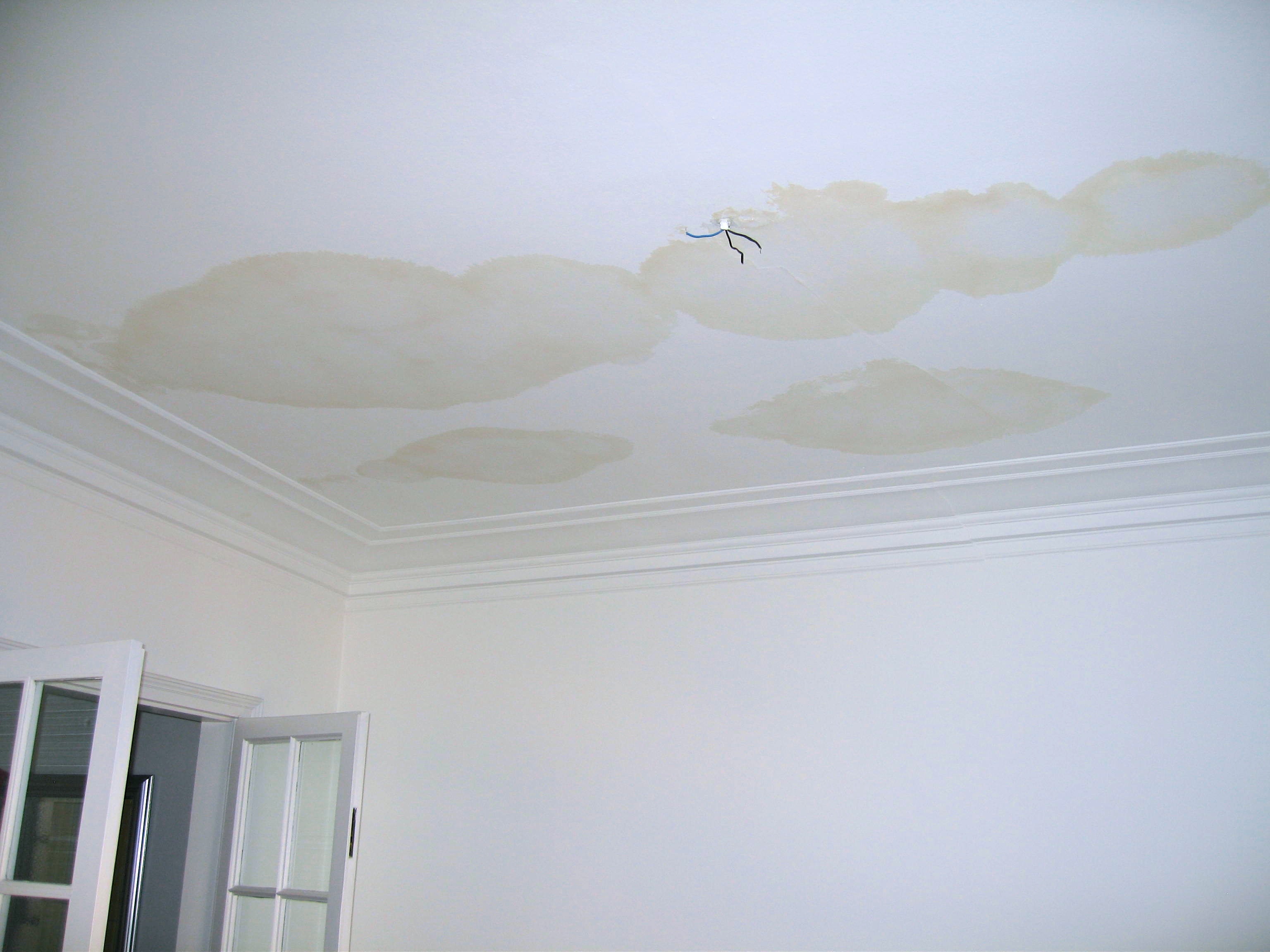
If you notice one or more of these signs in your home, act fast to prevent further damage and expensive repairs. Arrange a Leak Inspection Today
What are the most common exterior leaks?
- Roof leaks are common and should be addressed quickly. It may be that a few tiles have come loose and water is making its way through the roof, or it may be that the entire roof has come to the end of its life and needs a replacement.
- Leaky gutters are a frequent occurrence which can sometimes be solved just by giving them a good clean. If that doesn’t do the trick, it’s likely that the joints aren’t doing their job and leaks are occurring between the sections of the gutter. It’s not too complicated to solve, but if water is left to build up it could end up flooding the house interior.
Aside from when water is visibly dripping through a hole in the ceiling, it can be difficult to tell when there is an exterior leak. Warped ceilings and walls are sometimes a giveaway, as is dampness, mould and discolouration.
As a basic rule, if you notice any signs that may relate to water damage, arrange an inspection through a maintenance and repairs company. This could prevent any long term water damage, and will increase your chances of receiving insurance cover should you need it.
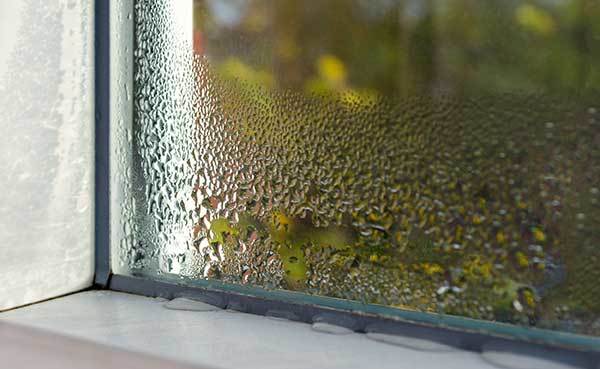
Scroll down for more information on preventing water damage caused by leaks.
How can I stop a leak?
If you have the option of turning off a water source, do it. This will prevent further damage. Of course, if the leak is due to rain, your best solution will be to bring in a repairs expert as soon as possible.
Once the source of the leak has been repaired, address any areas that have been damaged by water or moisture - leaving it will encourage mould and further damage. An industrial fan (or two) is the most effective way to dry out water damaged areas. However, if the damage is severe it may be necessary to replace flooring, drywall or ceilings. This work is best left to a professional, as an inexperienced person could come across electrical wiring, pipes or cause unnecessary damage to the house.
How can I prevent future leaks and water damage?
There are a few steps you can take toward preventing leaks and water damage in your home. On a basic level, you can regularly clean your gutters and downspouts to prevent downpours and water build-up. It’s also a good idea to keep an eye on your home appliances for leaks, and to update them as needed.
“Make sure that the sealants around windows and doors are in really good condition”, advises Oncore specialist Nick Bridge. “If there are any cracks, moisture will definitely get in there. On the exterior, don’t have your garden up against the level of your house’s cladding because that will soften the cladding and plants can start growing up the inside of the building.”
Beyond basic maintenance, you should really contact the experts. One option is to call a moisture inspector, keeping in mind; there are limits to what leaks they will be able to pick up on.
“The problem with moisture inspections is they don’t pick up on the fact that the timber in the walls might already be completely rotten”, explains Nick. “One of the only ways to really check that is to remove the GIB and have a really good look at the timber framing.”
The best solution, then?
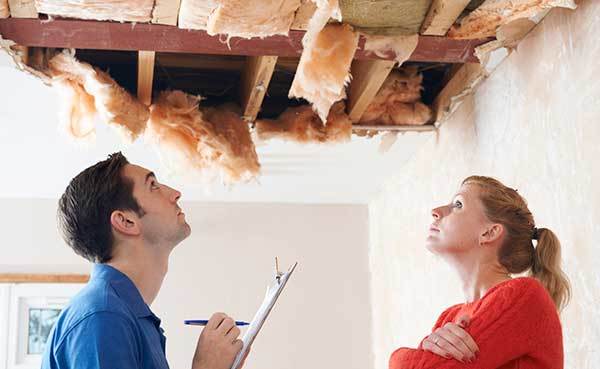
“What you need to do is get a specialist maintenance company to look at the finishing, the windows, and to do all the basic maintenance that they can to prevent moisture from getting back into that area.”
Claiming insurance on my leak damage
When it comes to leaky homes, insurance cover can get a bit complicated. Standard home insurance policies don’t generally cover damage that is the result of ongoing maintenance issues, or a lack thereof. So step one is to ensure that you do carry out regular home maintenance and inspections. Step two is to talk to your insurance provider about including “hidden gradual damage” cover in your insurance policy.
Why won’t my insurance policy cover leak damage?
Generally, home and contents insurance doesn’t cover damage incurred by leaks because insurance is designed to cover accidents that occur instantly, not damage that is the result of a lack of maintenance. Therefore, if a potential leak has been left unattended up to the point where it causes water damage, your home probably won’t be covered. The insurance company will consider it preventable damage, rather than an unexpected accident.
Should I include “hidden gradual damage” in my home and contents insurance policy?
While standard home and contents insurance policies generally won’t cover damage that was caused gradually, some insurance providers do provide the option of adding “hidden gradual damage” cover into your scheme. This should provide a limited cover for damage and deterioration that was hidden, such as moisture damage hidden within the walls that showed no exterior signs of rot or deterioration. It should also cover any work and repairs that need to be carried out in order to locate a leak.
Basically, hidden gradual damage cover is a good safety net to have if you are already actively maintaining your home, but are concerned about damage building up over time in unseeable areas. If you live in an older home, it’s definitely a cover option worth looking in to.
“There were a lot of houses built in the ‘90s that didn’t have a cavity system and the frames were made of untreated timber”, tells maintenance and repairs specialist Nick Bridge. “They are the ones that I would say are really high risk.”
How long after I have claimed my insurance can I get my water and leak damage repaired?
If your insurance policy covers hidden gradual damage, you should be able to organise repairs as soon as your claim has been approved and any excesses have been paid. Your insurance provider will be able to advise you on this, as additional time may be required once your claim is approved - to allow for bank transfers, for example.
Before approaching your insurance provider, collect as much information as possible. Provide them with photos, diagrams and a clear account of how the damage occurred. Once you have spoken with your insurance provider, ask for a reference number - the process is usually a lot quicker when you are dealing with the same person from start to finish.
Is building consent required for fixing water and leak damages in NZ?
Generally, no. New Zealand’s Ministry of Business, Innovation and Employment website states: “A building consent is not required for a range of general building repairs, maintenance, and replacement of parts.”
If you’re unsure on this, check with your local maintenance and repairs specialist.
How much will it cost to get my water leaks and water damage repaired?
The cost of your leak and water damage repairs will depend on a range of factors, including the amount of damage, the materials that have been damaged, the cost of any replacement materials and the amount of time the repairs will take. Generally, plumbers and gas fitters charge within a range of $40 - $90 per hour, although self-employed contractors will set their own rates and may charge higher, depending on their skills and experience.
Minor repairs
Hopefully, the water damage was minor and only basic repair work is required. Labour and materials included, these repairs might cost in the region of:
- Gutter repairs - $100+ per metre (approximately)
- Spouting repairs - $130+ per metre (approximately)
- Surface channel repairs - $700+ per metre (approximately)
- Roofing repairs - $400 per m2 (approximately)
- Plasterboard replacements - $450 per m2 (approximately)
- Flooring repairs - $700 per m2 (approximately)
- Recladding - $1800 per m2 (approximately)
Repairing widespread damage
- Hot water cylinder replacement - $3000+, depending on the cost of the replacement cylinder - hot water cylinders are usually within the range of $800 - $4000.
- Gutter replacement - A typical single storey house, complete gutter replacement will usually cost around $1500+. This depends on the length that will be needed, how many corners will be included and whether or not scaffolding will be required.
- Spouting replacement - The cost of completely replacing the spouting on a standard, single storey, contemporary home will usually be around $3,000+
- Bathroom floor replacement - The cost of replacing a bathroom floor of approximately 2m x 2m will usually cost $1,500+, depending on the materials and the amount of underlying water damage.
- Plasterboard - Replacing the plasterboard within a 4m2 space will usually cost around $1,800.
- Roofing replacement - If your roof needs to be replaced but you have a budget to stick to, materials such as composite, clay, membrane and corrugated iron are on the more affordable side. Expect to pay around $23,000 to replace a 200m2 corrugated iron roof, or $35,000 - $45,000 to replace a 200m2 clay tile roof.
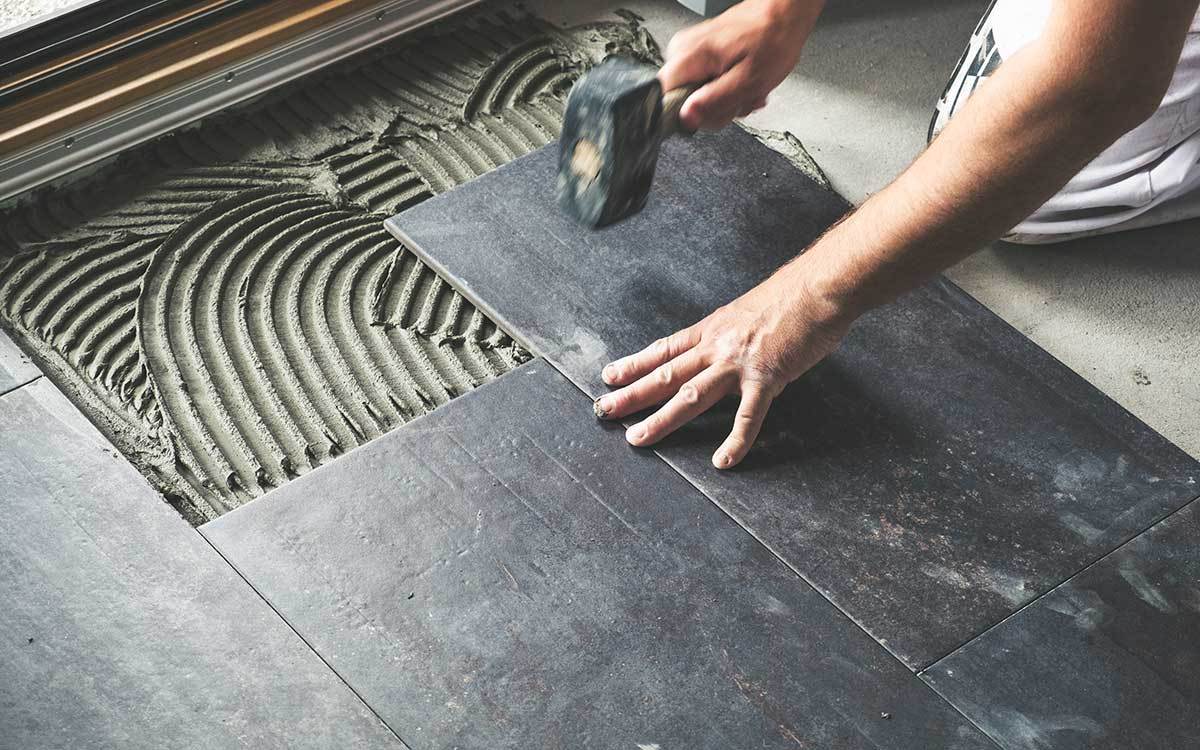
Complete replacements & high quality materials
- Flooring replacement - Carpet replacements usually cost around $200 per m2, while hardwood flooring is usually around $400 per m2. The average floor area of a New Zealand house is around 160 m2.
- Roofing replacement - A 200m2 roof will cost between $15,000 - $130,000 to replace, depending on the materials you select. While on the pricey side; slate, copper and metal roofing materials are durable and long lasting.
*These costs are provided as a rough guide and are subject to change. For a quote accurate to your maintenance and repair needs, please contact a maintenance and repair specialist.
I have discovered a leak, what do I do?
If you have just come across a leak in your home, the first thing to do is ensure no power outlets or electrical sources are hazardous. If it is necessary and safe to do so, turn off your electricity supply and contact an electrician for approval before turning it back on again.
If you suspect there may be a leak in your home, get in touch with a maintenance and repairs specialist as soon as possible. They will be able to carry out a thorough inspection as well as improve your property’s water resistance. Remember, long term maintenance is always the best way to go, and could save you from major water damage expenses.
Go to someone who can fix it promptly and correctly. Book Leak Inspection Now
Look for a qualified and experienced plumber/gasfitter who, at the very least, has a level 4 certificate in plumbing, gasfitting and/or drainlaying. They must also be licenced and registered through the Plumbers, Gasfitters and Drainlayers Board.
For repairs and maintenance work that requires that goes beyond the capabilities of just a plumber, a maintenance and repairs specialist is the best way to go.They will be able to address what work needs to be carried out, and bring the right people in to get the work done.
Why Oncore?
Oncore will not only provide you with skilled, qualified and trusted tradespeople, we will also provide you with an exceptional customer experience every step of the way. You’ll have one point of contact throughout your repairs, maintenance work or installation - meaning that you can sit back and relax while the work is expertly carried out to a set timeline and budget.
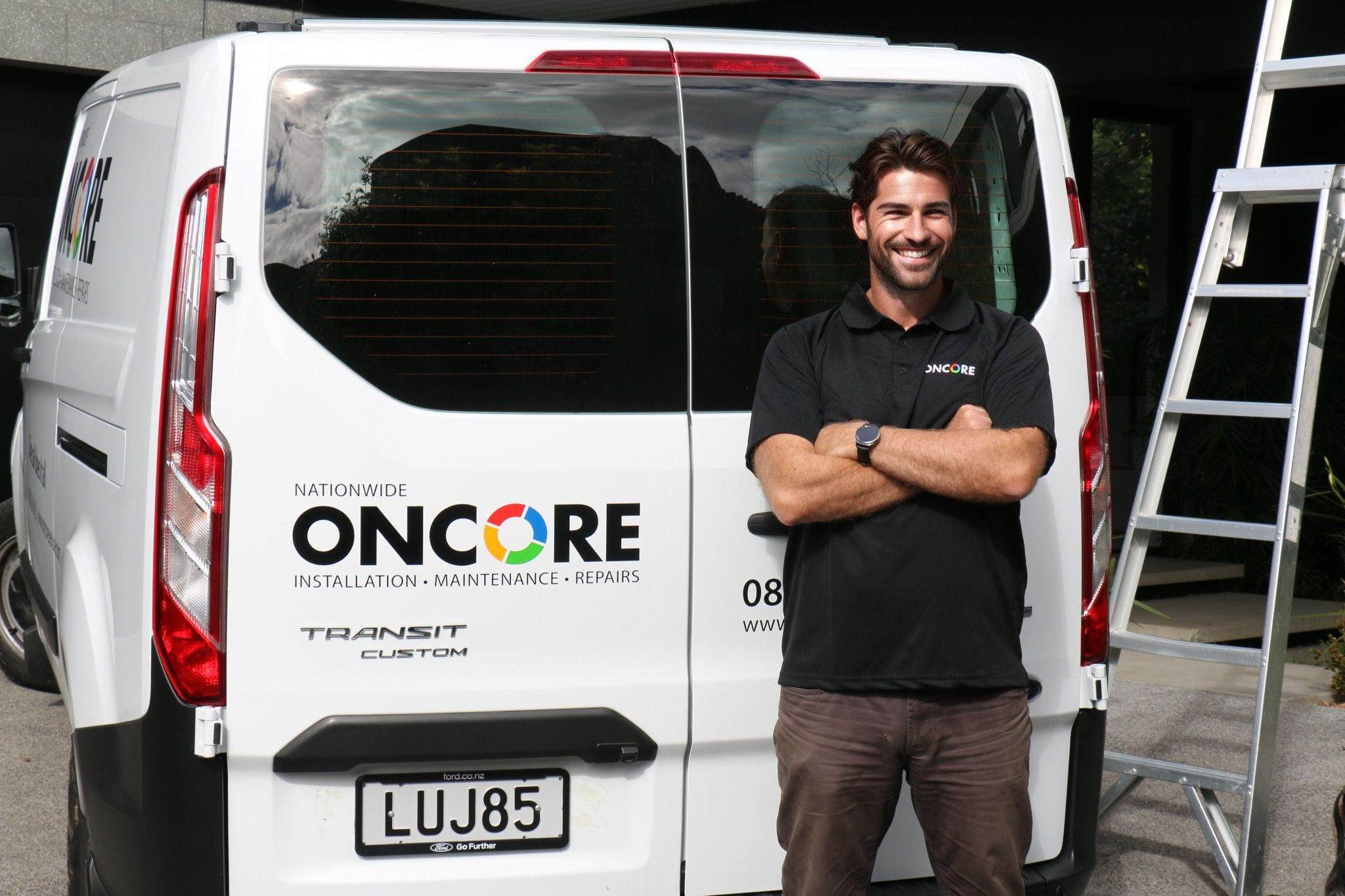
Get in touch
Don't wait around for leaks to do permanent damage to your home. To get professional service or advice, give Oncore a call on 0800 00 60 91, or get in touch Today to arrange a leak inspection, maintenance work, installations or repairs.
Read Next
All Oncore franchises are independently owned and operated.
Processing...
Talk to a maintenance specialist today
Oncore specialises in doing everything related to taking care of your home, building or office. Get in touch today!

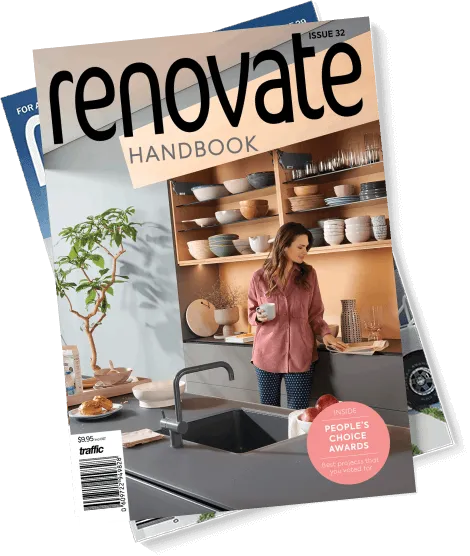
.jpg)

